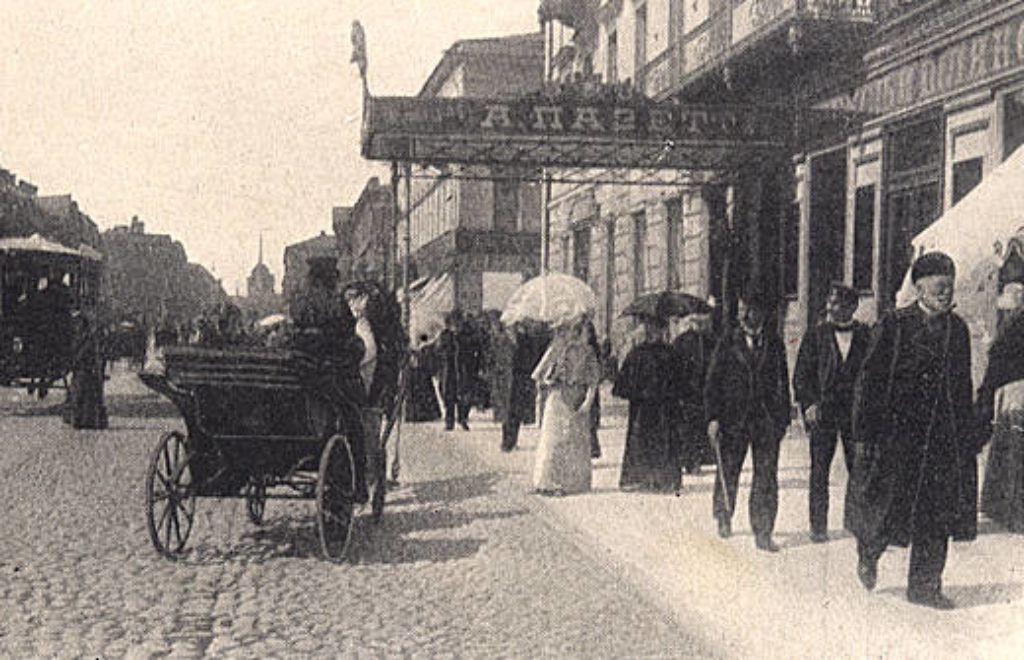Women’s rights in imperial Russia. Outcasts of history
I grew up listening to Soviet propaganda, praising the regime for giving women so much: education, ability to have a career and money on par with men, benefits for mothers, divorce and so on. To a certain extent, reality was confirming the party message. Women worked as teachers, doctors, and engineers. Valentina Tereshkova even went to space. Would something like this be possible during the tsarist rule? No, of course not. That is why our history textbooks presented life in pre-revolutionary Russia as full of suffering and exploitation, accompanied by rebellions and wars. Then the 1917 Bolshevik Revolution came, which changed Russia and the world, or at least that is what we were taught.
January 2, 2019 - Irina Yukina


































